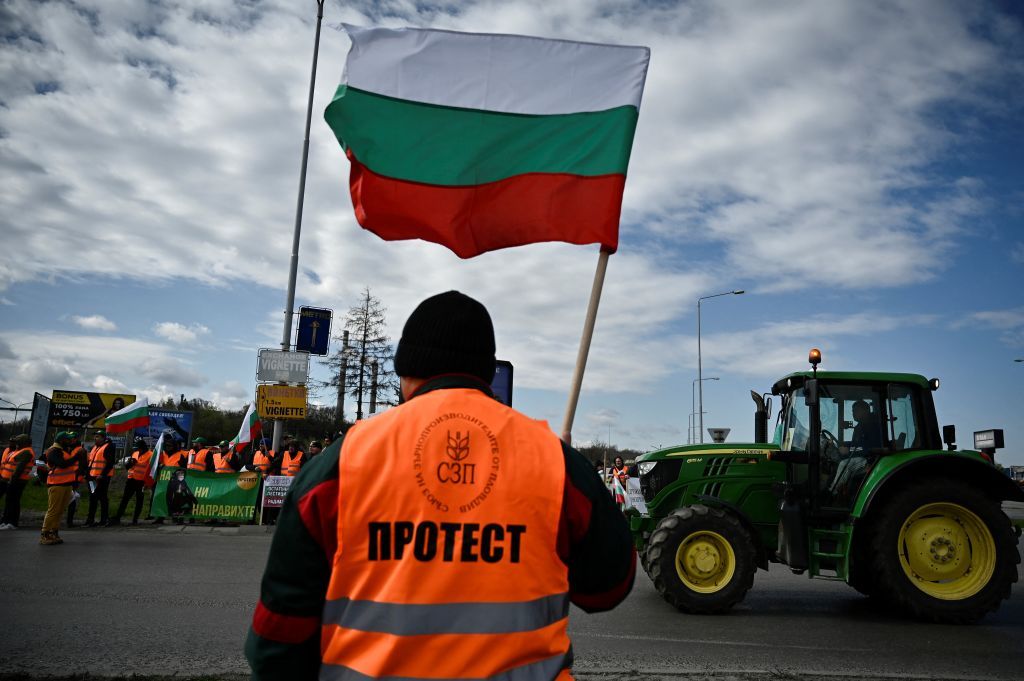Ukrainian sugar will be allowed to enter Hungary after Budapest amends food ban.
Hungary will allow the import of Ukrainian sugar again after amending its list of prohibited Ukrainian agricultural products, the Hungarian government said in a resolution on Oct.
9. Budapest introduced a unilateral ban on Ukrainian imports on Sept.
15 after the European Commission (EC) abolished restrictions on Ukrainian goods in five EU countries: Poland, Hungary, Romania, Slovakia, and Bulgaria. The amendments cover cane and beet sugar, as well as hard sucrose.
Hungary's ban included 24 types of products including various meats, wheat, rye, vegetables, and wine. The restrictions don't apply to goods that are scheduled for transit to other countries as long as they leave Hungary in 15 days. The EU imposed the food ban on May 2 after growing complaints from farmers in Ukraine's neighbors, known as the "frontline five," that Ukrainian goods were flooding the market.
It was extended in June until mid-September. The EC allowed the ban to expire on Sept.
15 after Kyiv pledged to take action to tighten export controls to neighboring countries. Poland and Slovakia also imposed unilateral bans, with Warsaw expanding the list to cover rapeseed cake and meal, wheat flour, and corn bran.
In response, Kyiv officially filed a complaint with the WTO against the three countries on Sept.
18, according to a statement published on the Economy Ministry's website.
Ukraine's grain overload sours country's relationship with key allies Negotiations over a European import ban on Ukrainian grain between the European Commission and its eastern flank members were stalled as of April 23. Poland, Slovakia, Hungary, Romania, and Bulgaria asked to extend protection measures after the EU's one-year decision to abolish customs duties, whil...

Subscribe to the Newsletter
Ukraine Business Roundup
Subscribe
 Dominic Culverwell
Dominic Culverwell
Reporter
Dominic is the business reporter for the Kyiv Independent.
He has written for a number of publications including the Financial Times, bne IntelliNews, Radio Free Europe/Liberty, Euronews and New Eastern Europe.
Previously, Dominic worked with StopFake as a disinformation expert, debunking Russian fake news in Europe.